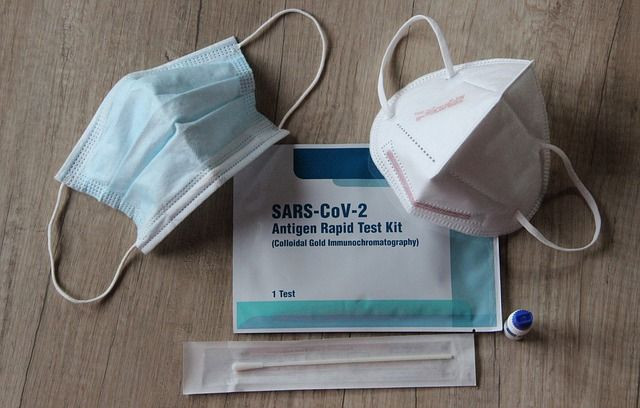How To Avoid COVID-19 Testing Scams, FTC Offers Some Advice
Around the world, those looking to get tested for COVID-19 through a rapid test or a PCR test have a lot of trouble doing so, and it is no surprise that amid the panic and the desperation frauds have popped up on the internet to profit off the pandemic.
On Tuesday, the Federal Trade Commission (FTC) released some practical advice on how to avoid these scams. Scams involving COVID-19 testing and healthcare are nothing new. They began at the start of the pandemic in 2020, but amid the rise of Omicron, more scams have popped up.
The scams do not just waste people’s time and money, or expose them to security risks, they also increase the risk of people getting COVID-19 and its variants, spreading the virus, or taking alleged cures or treatments that do not work and are potentially harmful.
To avoid any testing or healthcare scams, the FTC advises people to check the Food and Drug Administration’s (FDA) list of antigen diagnostic tests and molecular diagnostic tests before buying any online. The manufacturers and types of COVID-19 at-home tests that are allowed by the FDA, some through emergency use authorization, all listed on the FDA’s website — through links for molecular diagnostics tests here and antigen diagnostics tests here — and safe and effective for at-home use.

While “just Google it” is not always the most prudent advice, it is still wise to do research about a particular website or company touting a specific product by searching the company, website, or product name on a search engine along with the words “scam,” “complaint,” or “review.” Make sure that the information about a company, website, or product is backed up by a reputable source or news organization with expertise in healthcare, science, health technology, COVID-19, pandemics, viruses.
Depending on the state, some may have a website, portal, or phone number to call, some way to access testing sites, or at-home rapid tests in any particular county, town, or area. Check the websites of, or call, local pharmacies or pharmacy chains in a particular area that may have access to at-home testing kits.
Another way to protect against scams is by paying with a credit card, that way the charge can be disputed if it turns out to be fraudulent.
© Copyright IBTimes 2024. All rights reserved.












